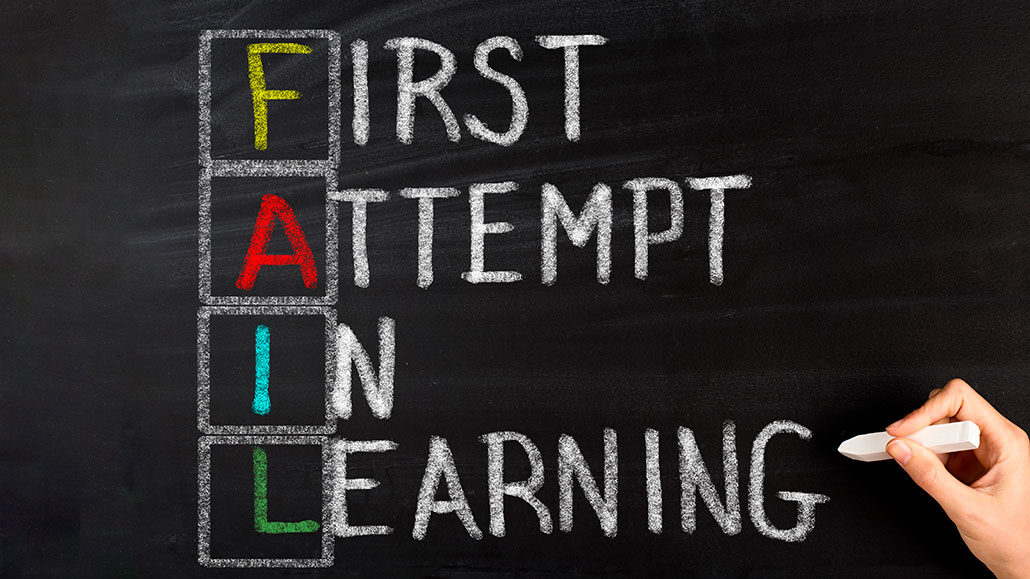Questions for “A secret of science: Mistakes boost understanding”

Many kids fear making a mistake will label them as a failure. In fact, science is built on a mountain of mistakes, many made by the greatest minds. The trick is to view each mistake as a step along the path to understanding something better.
marrio31/iStock/Getty Images Plus